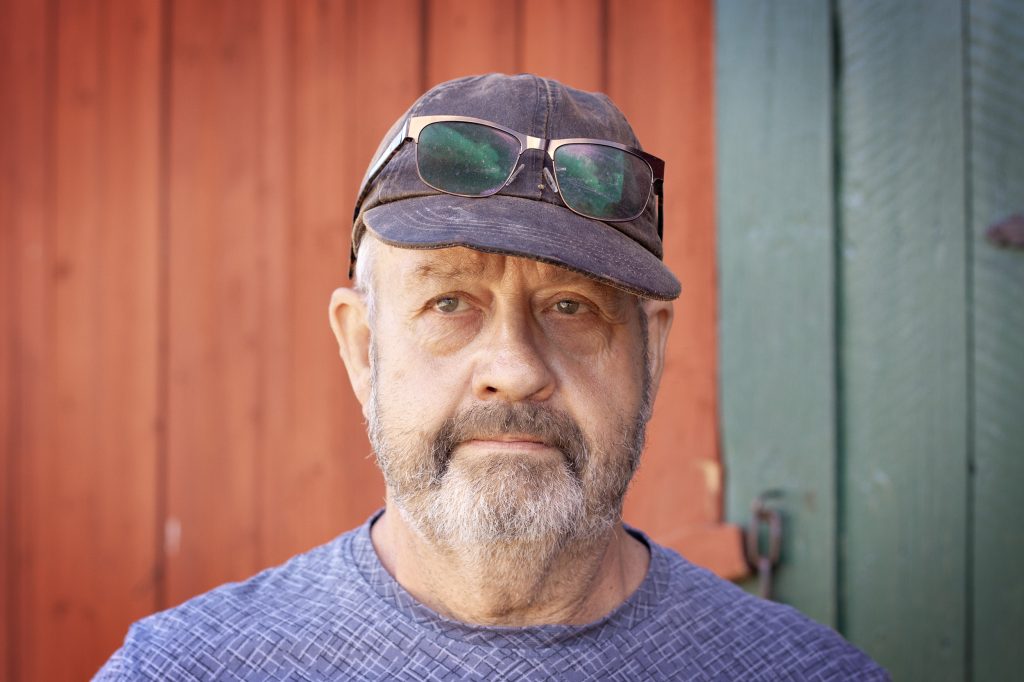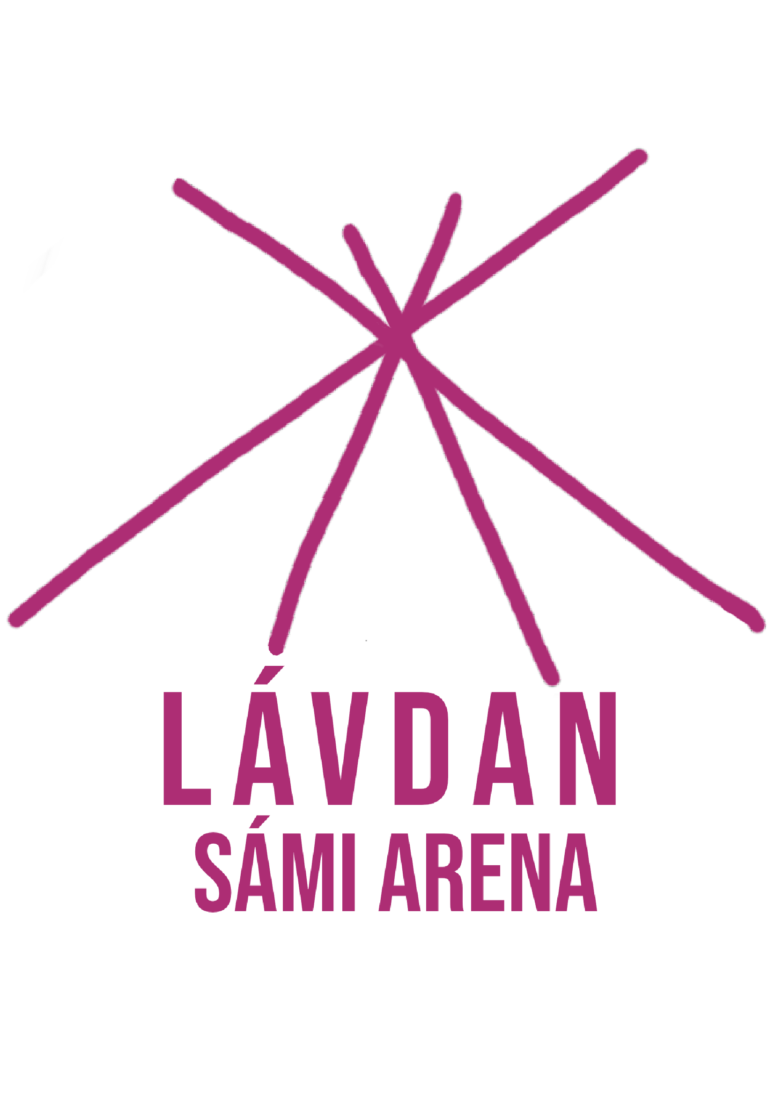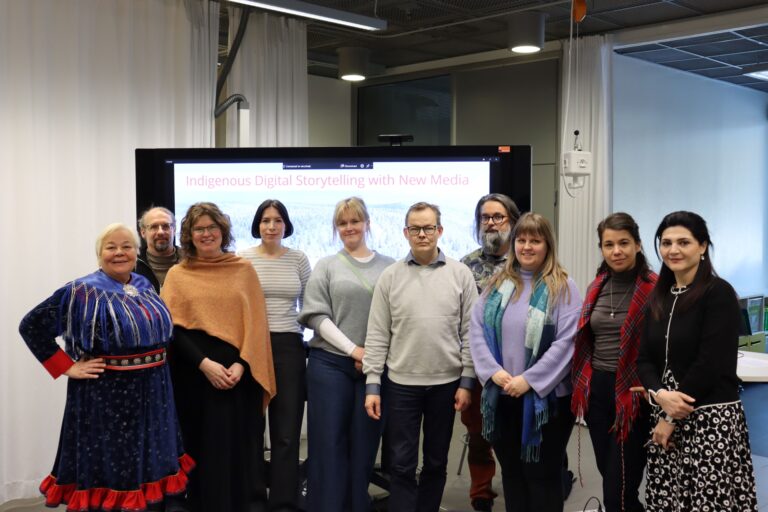People are the foundation of all cross-border cooperation. Interreg Aurora is happy to present the people and different professions working across borders with the aim to improve our daily lives.
Meet Gunnar Jonsson, teacher, and researcher at Luleå University of Technology
I am a teacher and researcher in the field of educational sciences at Luleå University of Technology. My specialty has become sustainable development. In my free time, I am also a hobby farmer with sheep and beehives. In recent years, I have worked on various projects related to teaching about local food production.
I work as a project manager at the university for the Interreg Aurora funded project Food Education for the Future, a collaboration between eight project partners in Finland, Norway, and Sweden. The core of the project is to create improved opportunities for schools to teach about local food production. This can be done in many ways, by visits to food producers such as vegetable farmers, fishers, or dairy farmers. In some cases, school children participate in practical work, such as growing cabbage or planting and harvesting potatoes. The project also develops teaching materials and courses for both teacher students and active teachers.

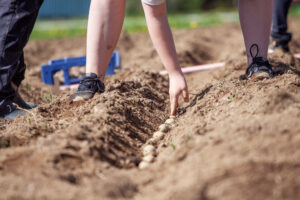
Creating opportunities for schools to engage more closely with food production
It is important that all people, especially children and young people, have the opportunity to develop basic food literacy. This means how food is produced and processed, where the food is produced and the effects of our food consumption on our health, society, and the environment. One issue is that our local food production is too small. For example, the in the county of Norrbotten, we only produce 20–25% of the food we consume. The rest of the food comes from southern Sweden or is imported from other countries. This is not good, either for the environment or for our health. It is also problematic from a preparedness perspective, as having our own food production can be crucial in times of crisis.
Food literacy includes both practical and theoretical components, both of which are important. While theoretical knowledge can be easily applied in traditional classroom teaching, practical elements, such as how it feels to plant a cabbage or untangle a fish from a net, are harder to teach in a school environment. By creating opportunities for schools to engage more closely with food production, we aim to provide teachers and students with various experiences and hands-on knowledge about how food is produced. Ultimately, we hope that these experiences will inspire students to pursue education and careers in agriculture or other branches of food production.
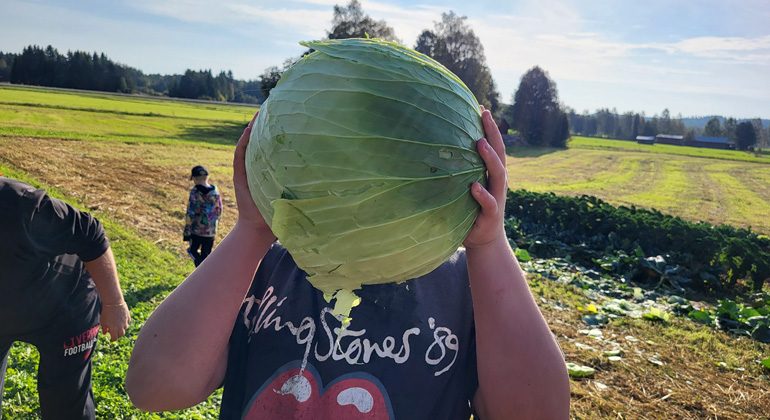
We need to engage young people to secure future food production
The best part of working in a cross-border project is that you are constantly learning from each other. There are many similarities but also differences in food production in our countries. Similarly, there are differences in how schools in the participating countries traditionally approach these topics. For example, it is significantly more common in Norway and Finland to have school gardens where students learn to grow crops. From the Swedish side, we can learn how to make this work. Identifying similarities and differences is a strong motivator for achieving learning and change.
I believe it is crucial to take food issues seriously as an essential part of the green transition in society. To secure future food producers, we need engaged and interested young people.
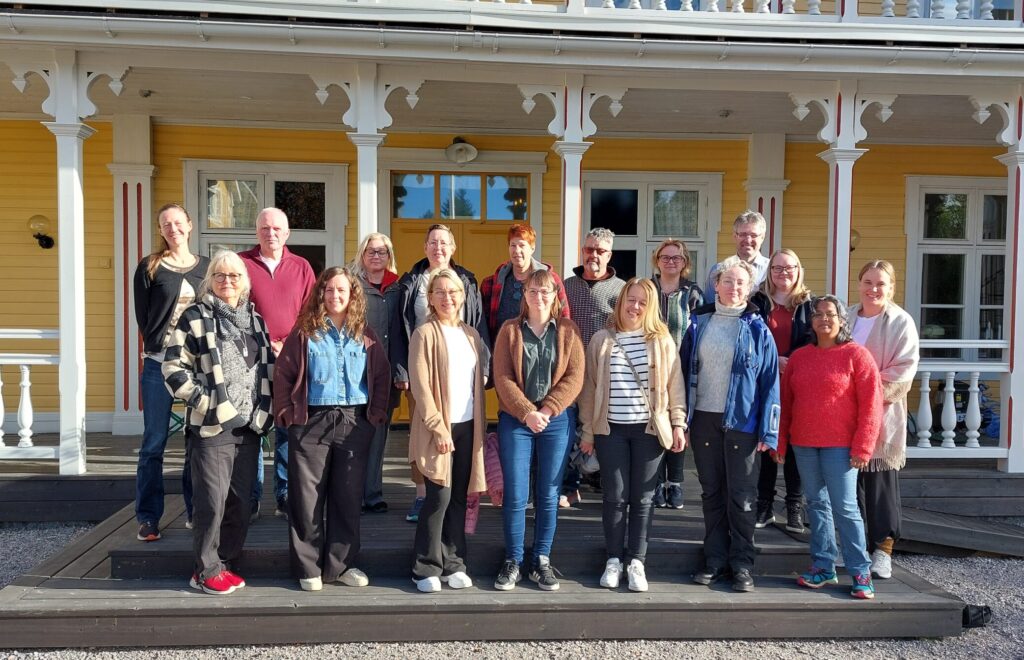
Learn more about the project Food education for the future and the project partners:
– LUKE (Luonnonvarakeskus)
– Nord universitet
– Kalix kommun
– Länsstyrelsen i Norrbottens län
– Korsholms kommun
– Luleå tekniska universitet
– Natur och Miljö rf
– Bodö Kommune
#InterregAurora #CrossborderCooperation #PeopleandBeyond #FoodEducationForTheFuture

